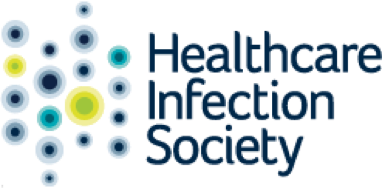Evidence suggests that patients do not know enough about MRSA and that they worry about being infected by MRSA when they go to hospital. Evidence also demonstrates that patients have little understanding why they need to be screened, isolated, or placed under contact precautions. Additionally, there is a risk that patients who are isolated may receive fewer bedside visits and may suffer from adverse clinical and mental health outcomes.
We recommend making patients aware of the reasons for MRSA screening and decolonisation and inform patients of their screening result as soon as it is available.
For patients who are identified as MRSA positive, provide consistent and appropriate information about:
- The difference between colonisation and infection
- The microorganism
- How MRSA is acquired and transmitted
- How MRSA is treated
- The reasons for contact precautions or isolation.
On discharge, provide consistent and appropriate information about:
- The risks to household members, friends, and family.
- The implications for future health and health care.
- Persons who need to be notified about their MRSA colonisation status.
- If applicable, instructions on decolonisation regimen with the information that the results may not be permanent.
When considering the provision of patient information, ensure it is provided in a format and language that the patient and their family can understand.
We have developed patients leaflets which are available to freely download.



